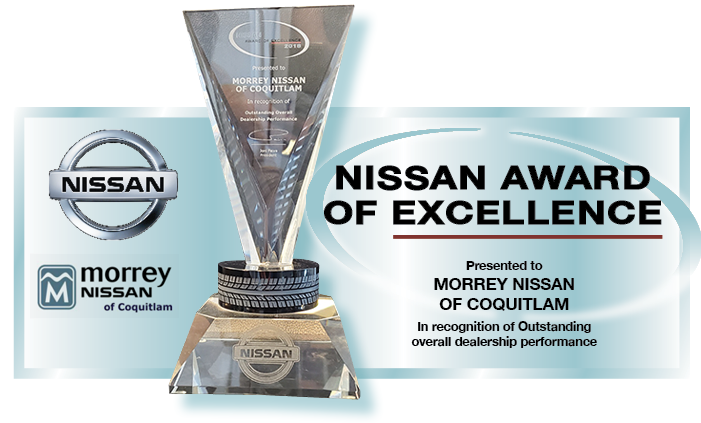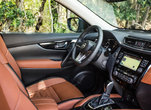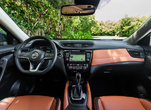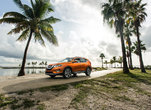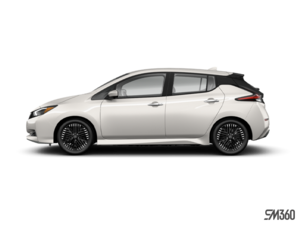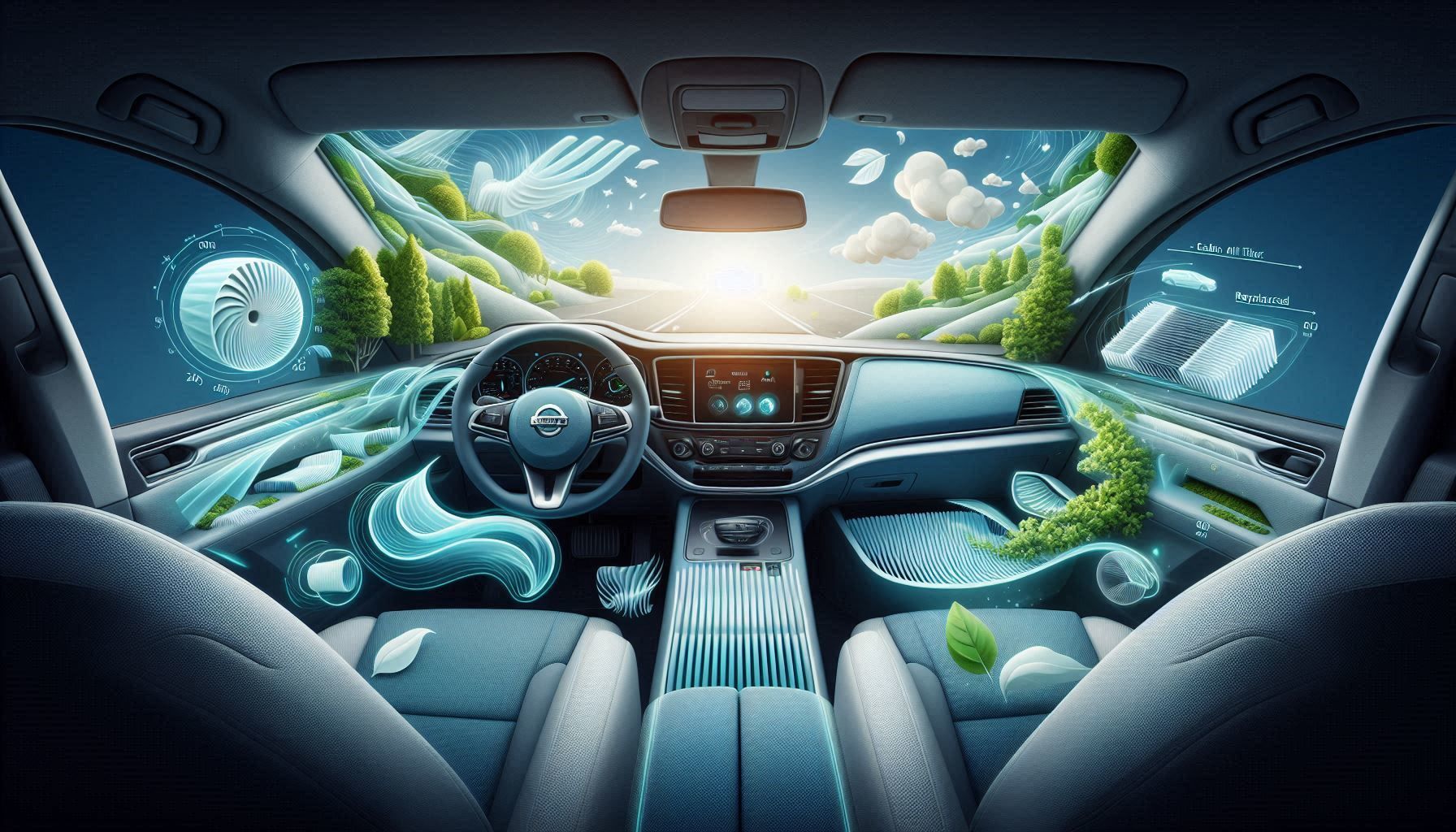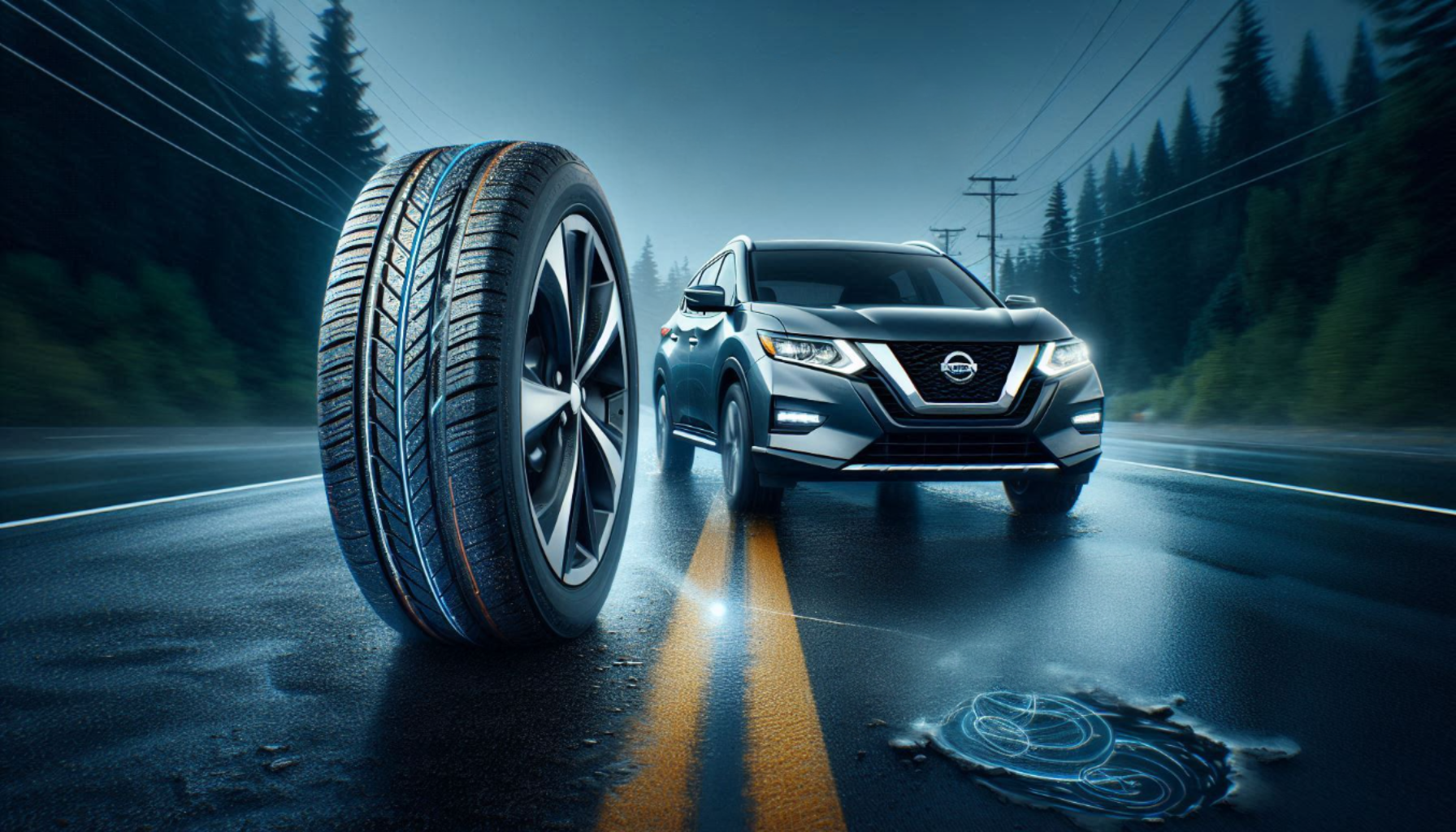2017 Nissan Rogue vs. 2017 Hyundai Tucson: space is the determining factor
August 30 2017,
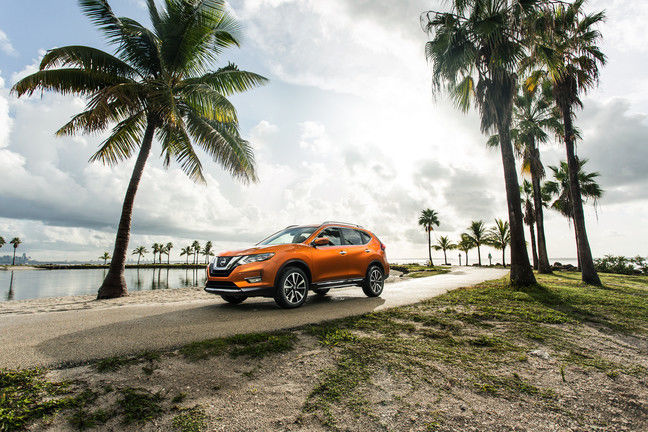
There are currently more SUVs being sold in North American than cars. When we know that sport utility vehicles are increasingly fuel efficient and are often based on car platforms to provide equivalent road behavior, this new market reality is not that surprising.
Take for example the 2017 Nissan Rogue and the 2017 Hyundai Tucson. Here are two SUVs that behave like cars both on the highway and in the city, but are also very spacious and very versatile. So it's no surprise, once again, that they sell as well.
The 2017 Nissan Rogue has the advantage in terms of interior space
A quick comparison of the specifications of the two SUVs makes it quickly apparent that the 2017 Nissan Rogue clearly has the advantage in terms of interior space. Indeed, it offers 1,112 liters of cargo space with all seats in place, and 1,982 liters with the rear seat down.
In the case of the 2017 Hyundai Tucson, you get 877 liters of cargo space with all seats in place, and 1,754 liters with the rear seat down. While the Tucson has one of the smallest trunks in the compact SUV segment, the 2017 Nissan Rogue is one of the most spacious.
In addition, the 2017 Nissan Rogue offers the possibility of having a third row of seats to accommodate seven passengers, an option that the Hyundai Tucson does not even offer.
Better fuel economy and more power with the 2017 Nissan Rogue
The 2017 Nissan Rogue is powered by a 2.5-liter four-cylinder engine that boasts an average fuel consumption rating of 9.2 liters per 100 kilometers in the city and 7.0 liters per 100 kilometers on the highway in front-wheel drive, and 9, 6 liters per 100 kilometers in the city and 7.4 liters per 100 kilometers on the highway with all-wheel drive. Not bad for an engine that develops 170 horsepower and 175 lb-ft of torque. The power is sent to the front wheels via a continuously variable automatic transmission.
In the case of the Hyundai Tucson, we get a 2.0-liter, four-cylinder engine that develops 164 horsepower and 151 pound-feet of torque. Its average fuel consumption rating is 10.1 liters per 100 kilometers in the city and 7.8 liters per 100 kilometers on the highway in FWD models, and 11.0 liters per 100 kilometers in the city and 9.1 liters per 100 kilometers on the highway with all-wheel drive.
The 2017 Nissan Rogue thus has the advantage in terms of fuel consumption, power and interior space. For more information, contact us today at Morrey Nissan Burnaby!









